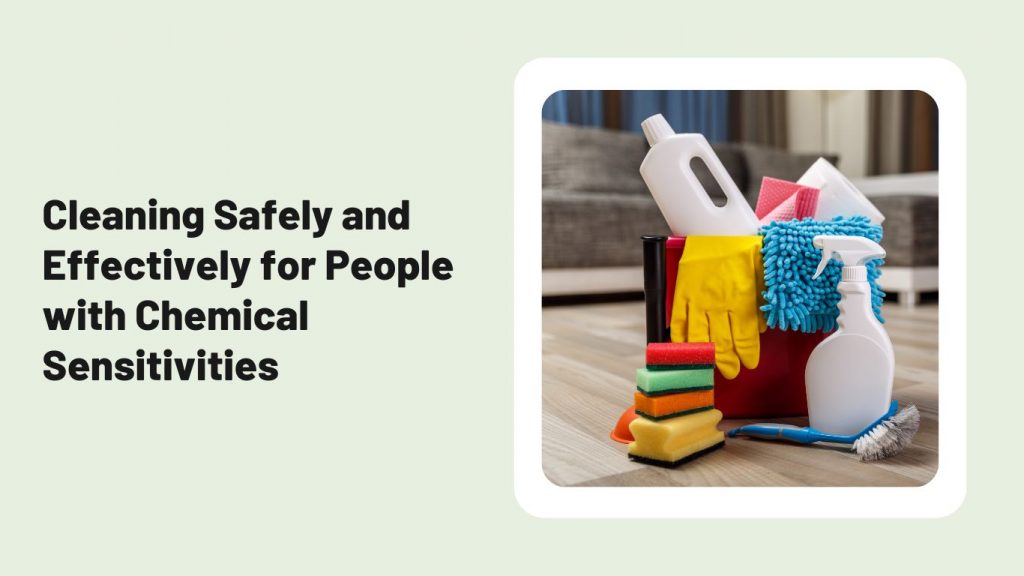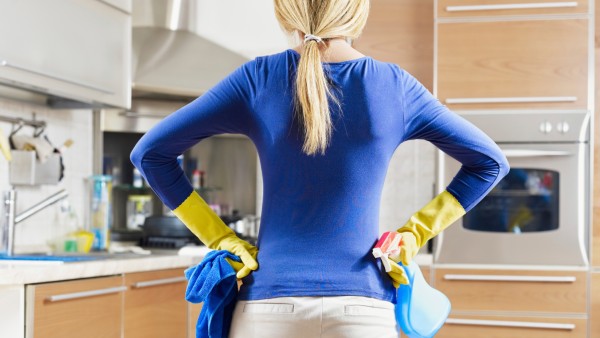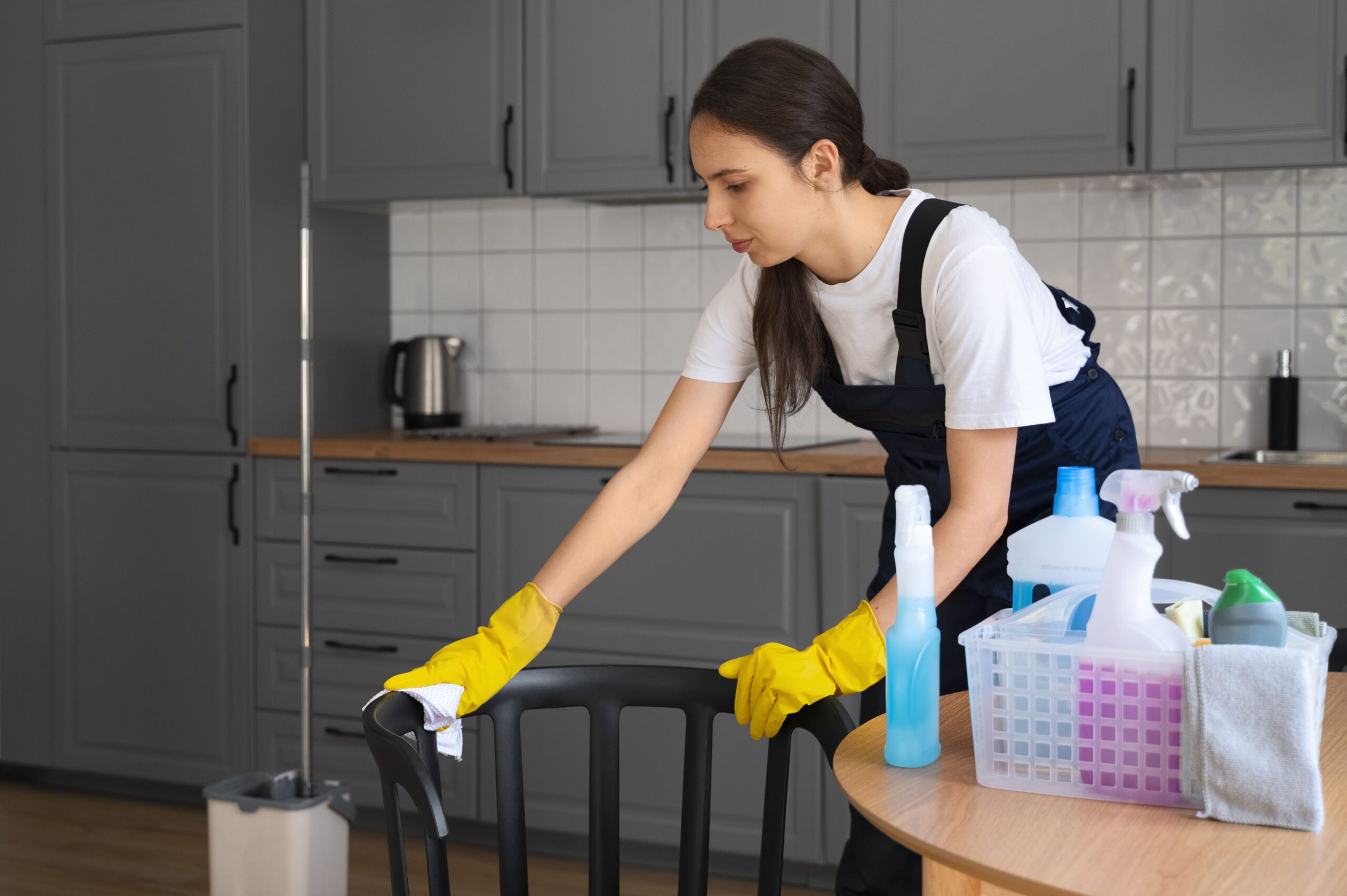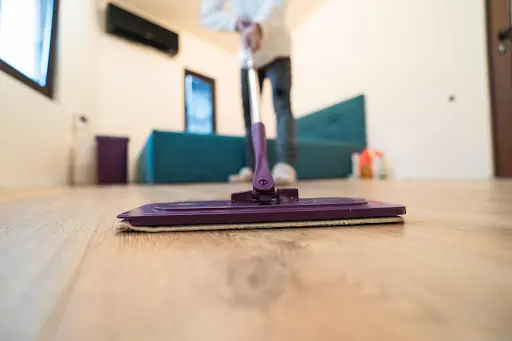Cleaning is something that we have to do every day. It keeps our homes and workplaces clean and healthy, which reduces the chances of getting sick and helps us stay healthy. However, cleaning can be difficult and sometimes even dangerous for some people. People who are sensitive to chemicals may have a bad reaction to the chemicals in cleaning products, such as headache, dizziness or skin irritation. This article talks about how people who are sensitive to chemicals can clean their homes safely and effectively.

Understanding chemical sensitivity
Chemical sensitivities, also known as multiple chemical sensitivities or environmental illness, are conditions in which a person’s immune system overreacts when exposed to certain chemicals. Common symptoms of chemical sensitivity include headache, dizziness, fatigue, skin irritation, difficulty breathing, and nausea.
Cleaning products and chemical sensitivities
Chemicals such as bleach, ammonia and synthetic fragrances are often found in cleaning products. These chemicals can cause chemical sensitivity in some people. Many cleaning products also contain volatile organic compounds (VOCs), which can irritate the lungs and make symptoms worse for people who are sensitive to the chemicals.
Cleaning for people with chemical sensitivities
If you’re sensitive to chemicals, cleaning your home can be difficult. But there are ways to clean a well using as few chemicals as possible.
Read the Label
Always read the labels of cleaning products carefully. Look for products that are labeled “unscented,” “fragrance-free,” “low-VOC” or “non-toxic.” Avoid products with ingredients known to trigger chemical sensitivities.
Use Natural Products
Consider using natural cleaning products such as vinegar, baking soda and essential oils. These natural products are often safe and less likely to cause adverse reactions.
Ventilate
While cleaning, open windows and turn on fans to improve ventilation. This will help reduce the concentration of chemicals in the air.
Wear protective gear
Wear gloves, a mask, and long-sleeved clothing when cleaning to protect your skin and lungs from coming into contact with cleaning products.
Use Microfiber Cloths
Microfiber cloths are effective for cleaning and do not require the use of cleaning products. Simply dampen the cloth with water and wipe down the surfaces.
Clean frequently
By cleaning frequently, you can reduce the build-up of dust and allergens in your home that can trigger chemical sensitivity symptoms.
Hire a Professional
If cleaning your home is too challenging, consider hiring a professional cleaning service that specializes in using natural and low-toxic cleaning products.
Conclusion:
Cleaning is an important part of maintaining a healthy and clean home. However, for those with chemical sensitivities, cleaning can be a difficult and sometimes dangerous task. By using natural cleaning products, improving ventilation, wearing protective gear, and cleaning frequently, people with chemical sensitivities can maintain a clean and safe home environment. With the right tools and techniques, cleaning can be done effectively without exacerbating the symptoms of chemical sensitivity.
Also Read –










